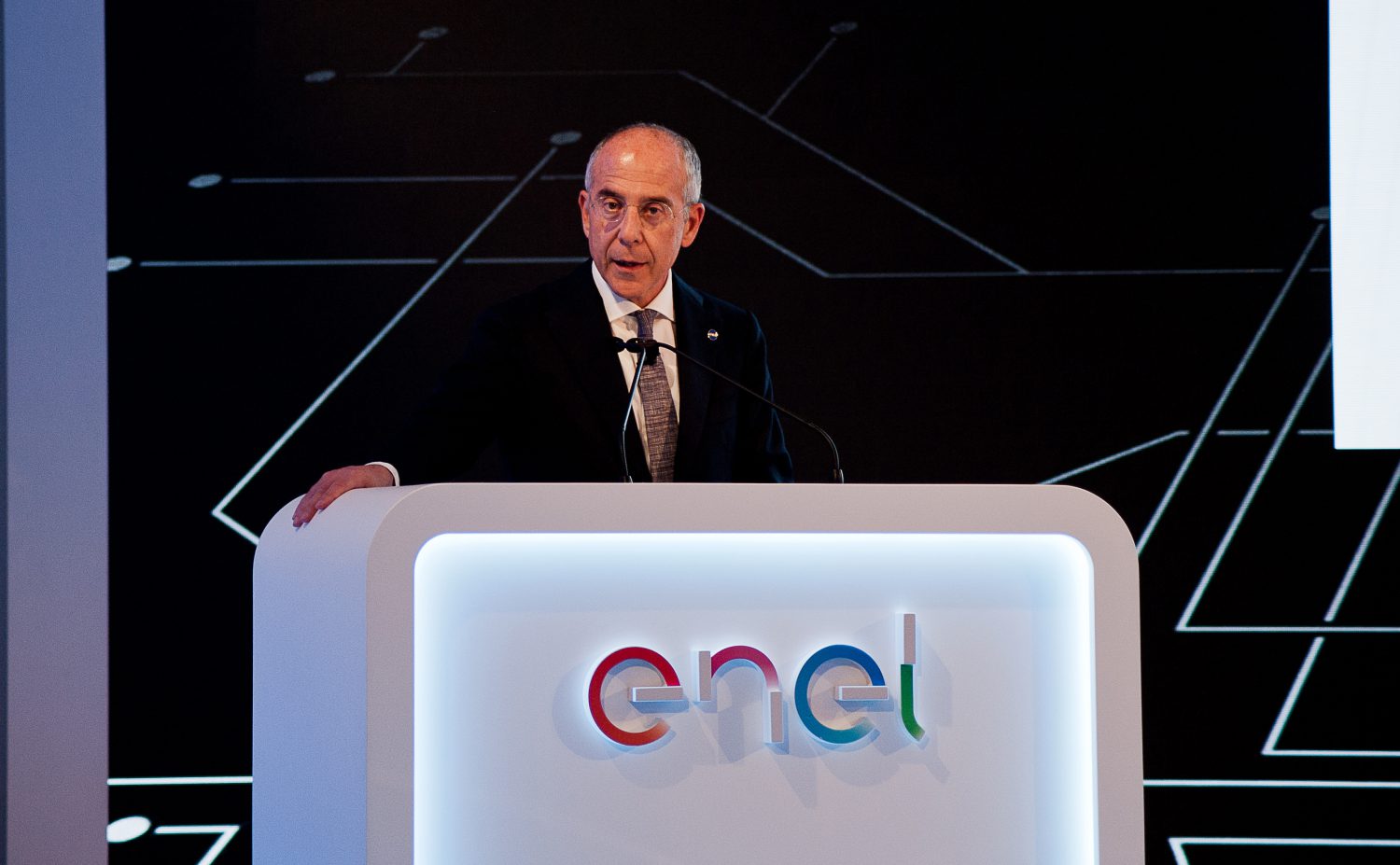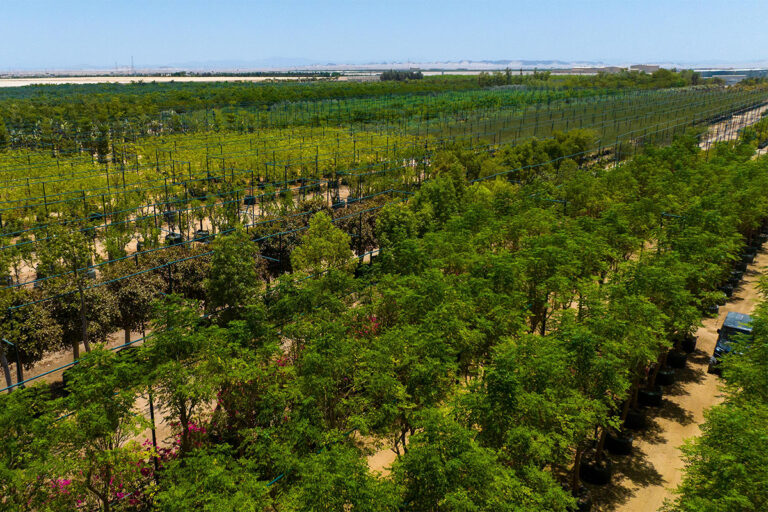
Never before has a meeting of the WEF had to face a challenge of this magnitude. On the one hand resurgence in populism and protectionism is threatening to undo many of the economic gains of the last two decades, while at the same time technological advances seem set to irreversibly disrupt the very fabric of modern society.
“Leadership in these complex times requires nothing less than a wholesale shift of our mental models.” Professor Klaus Schwab, Founder and Executive Chairman, WEF
If ever there was a time for co-ordinated global leadership it is now. The theme for this year’s meeting, Responsive and Responsible Leadership, has never been more critical.
“The problem that we have is not globalization,” WEF founder and executive chairman Professor Klaus Schwab said in November. “The problem is a lack of global governance, a lack of means to address global issues. A significant part of the global elite lost a sense of solidarity when it was needed more than ever before. We’re living in a world of transparency and such a world cannot tolerate too much inequality.”
The events of 2016 have served as a wake-up call to senior executives meeting at Davos. Corporate leaders recognize that they cannot shy away from addressing the long-term social and economic consequences of their investments and their innovations.
“Companies can no longer take the easy way out,” says Francesco Starace, CEO of giant Italian electricity supplier Enel. “They need to understand the consequences of their actions. They need to broaden their scope and develop new, more sustainable models for creating value.”
Corporate leaders have a particular responsibility to position their companies ahead of the curve, Starace says. With an eye on the long-term future, he made the strategic decision to bring innovation and sustainability together in one single department at Enel. “In a large organization there can be resistance to change and innovation, but we have been very pleasantly surprised by how well innovation and sustainability thrive off each other.”
Starace, who is co-chair of the World Economic Forum’s Energy Utilities and Energy Technologies Community, says that utilities will have to reinvent every aspect of their business to prosper in the low-carbon, all-digital future.
“A massive digital transformation is affecting all of us in our work and in our private lives.”
Francesco Starace, CEO, Enel
In its generation business, Enel is gradually shutting down and phasing out all its carbon-emitting plants around the world.
Already the operator of around 36 gigawatts of renewable energy capacity globally, according to a strategic plan disclosed in November the company will add new power plants and 6.7 GW in the next three years.
Enel is also investing heavily in digitizing all parts of its electricity networks; the company plans to install a total of 18 million new smart meters by 2019. “Everything has to become digital,” Starace says. “Enel is in the middle of a huge digital transformation that is changing all companies in all sectors.”
Digitization and customer focus are the two main points of the company’s new strategic plan. As the digital revolution accelerates, Starace says that Enel will be able to offer customers innovative services for electric vehicles and interconnected homes. Enel has already developed technology which allows consumers to send electricity from electric cars back to a digitized grid.
“The sustainable business model we have built is now bearing fruit with increasing momentum,” Starace says, urging companies in all sectors to follow Enel’s example by putting sustainability and innovation at the very heart of their business models![]()









